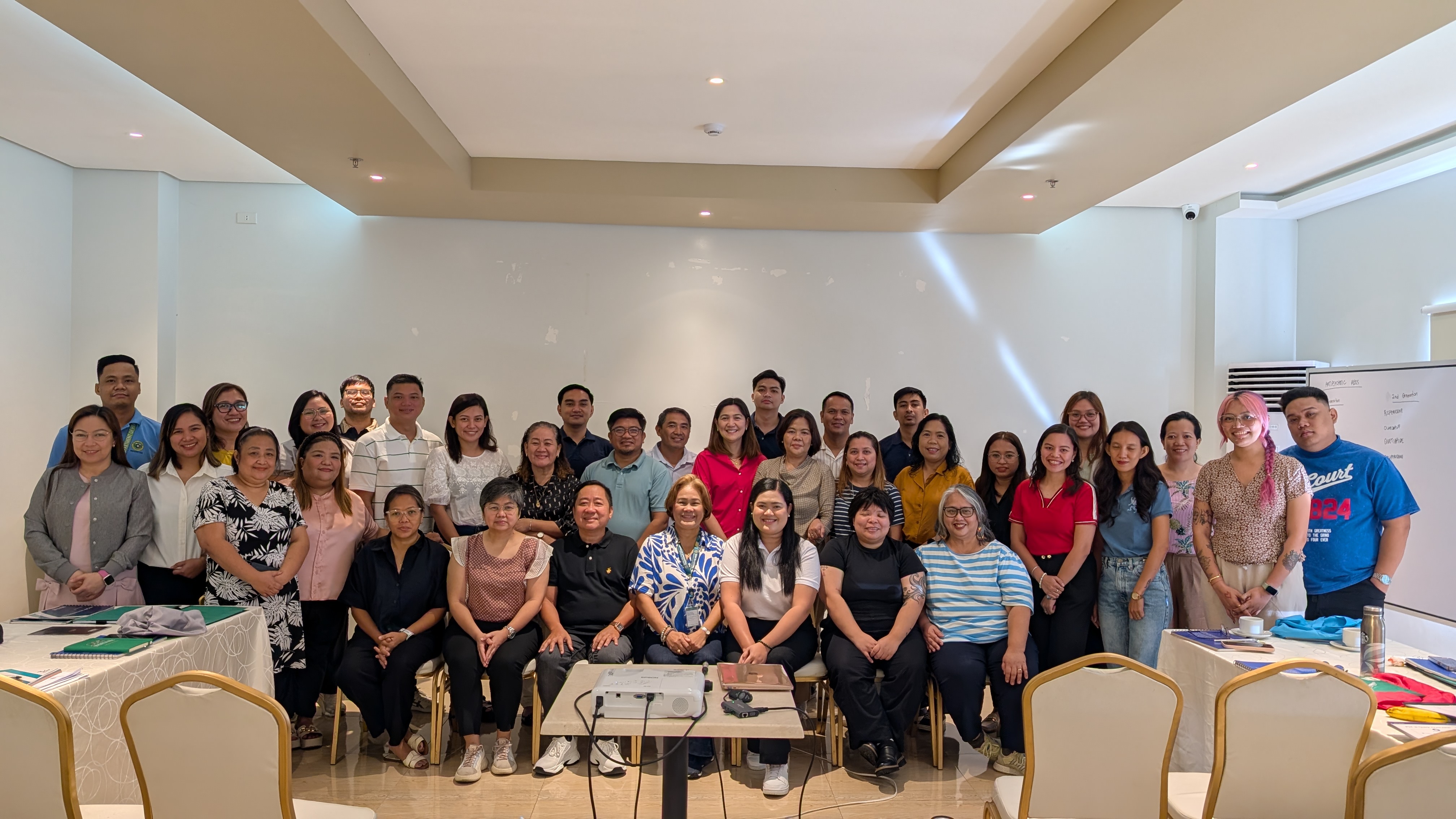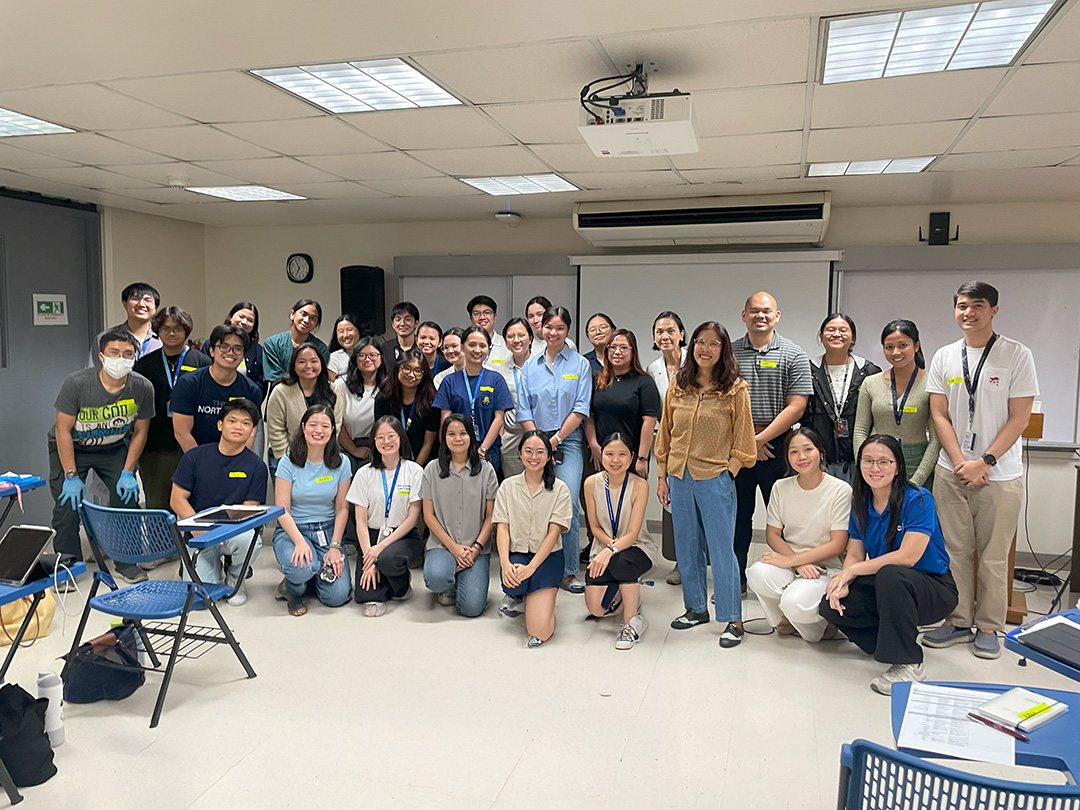
Development of the mhGAP Clinical and Administrative Support and Supervision Protocol for the Philippines
The Development of the mhGAP Clinical and Administrative Support and Supervision Protocol for the Philippines is an ongoing project that provides technical assistance to strengthen the country’s mental health workforce. The initiative is grounded in the WHO Mental Health Gap Action Programme (mhGAP) framework, which supports the integration of mental health into primary care and other community-based health services.
Why This Matters
While mhGAP training has equipped many health providers with essential knowledge and skills, there is a need for standardized supervision protocols to ensure that what is learned in training is effectively translated into sustained clinical practice. Supervision plays a critical role in reinforcing competencies, addressing challenges in real-world settings, and ensuring that mental health care delivery remains ethical, compassionate, and person-centered.
Project Objectives
The project aims to develop a comprehensive supervision protocol tailored to the Philippine context. Specifically, the supervision framework is designed to:
-
Improve knowledge and ensure its practical application in assessing and managing individuals with mental health conditions, including complex cases.
-
Enhance skills for carrying out routine clinical tasks with confidence and accuracy.
-
Strengthen professional attitudes by fostering motivation, ethical practice, professionalism, and compassion in delivering mental health care.
Expected Outcomes
By standardizing both clinical and administrative supportive supervision, the project seeks to provide a clear structure for post-training support of health workers. This will contribute to:
-
Higher quality of mental health services across different levels of care.
-
Better alignment between training, practice, and health system needs.
-
Sustainable improvements in the delivery of mental health services in the Philippines.
This initiative marks an important step toward building a more effective, coordinated, and resilient mental health system—one where health workers are supported not only in training, but throughout their practice, for the benefit of the communities they serve.
-

Strengthening Community Mental Health: mhGAP Training in Albay
From July 2 to 4, 2025, frontline health workers in Albay completed intensive mhGAP training under the Ka-ginhawa Project, a partnership initiative supported by the Australian Government, CBM Global Disability Inclusion, and the Balik Kalipay Center for Psychosocial Response. The three-day program equipped local providers with essential skills to assess and manage mental health conditions while strengthening referral networks across the province.
-

ACRI Conducts Nutrition Focused Physical Examination Training to Advance Autism Research
ACRI conducted Nutrition Focused Physical Examination Training on June 18, 2025, as part of an autism research project comparing children with ASD to their peers. Led by Dr. Maria Christina Kristin S. Reyes, the training equipped researchers and student assistants with hands-on skills to conduct NFPE with children aged 5-9. The peer practicum component built clinical team capacity to accurately administer assessments for the research protocol.
